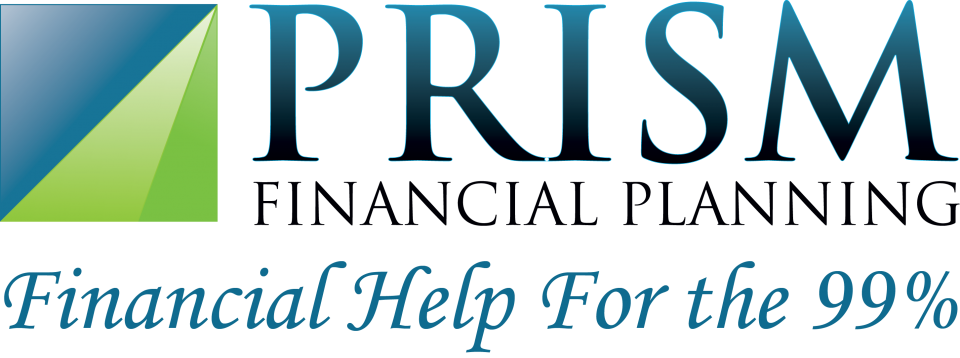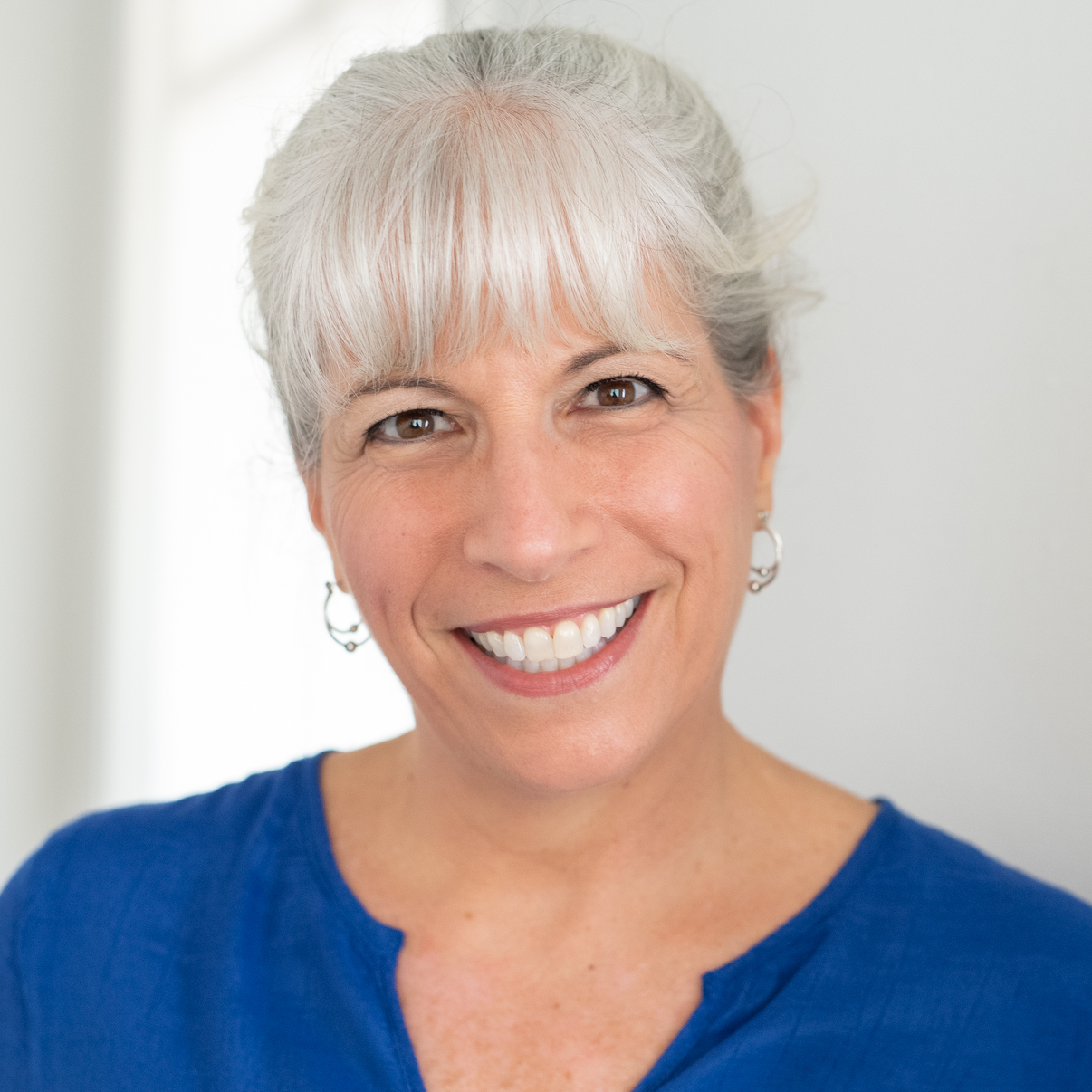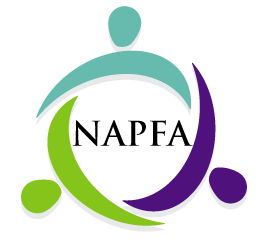I Need Help With My Finances...Now What?

You’ve cleaned your gutters, reorganized the linen closet, and finally stored all your digital pictures in one place. Congratulations! Next on your list of “Things I Really Don’t Want To Do, But Know I Should” is: GET FINANCIAL HOUSE IN ORDER.
If you’re like many people, right about now you’re searching your list for something that’s not quite so daunting. But never fear, help is on the way! There are a whole slew of professionals eager to assist—you just need to find the one who’s right for you. Keep reading for a crash course in Financial Help 101.
Alphabet Soup:
Many professionals have initials after their names. Two of the most common are CFP® and CFA. CFP® stands for “certified financial planner”. A CFP® will have general knowledge on investments, insurance, estate planning, tax planning, and retirement planning. CFA stands for “chartered financial analyst”. A CFA will have widespread investment analysis and portfolio management skills. Both designations take years to complete and show a person’s commitment to their profession and agree to a code of ethics and standard of professional conduct, where they commit to placing their clients’ interests above their own (i.e. a “fiduciary standard”). A quick Google search will clarify the legitimacy of the multitude of other designations often found after an adviser’s name. Be warned: While some designations are difficult to obtain and truly benefit clients, others require not much more than filling out an online questionnaire.
What’s in a Name:
Brokers/stockbrokers earn their money by buying and selling on your behalf different investment products they recommend to you. Most "financial planners" are actually brokers. They are required to sell you products that are suitable for you (“suitability standard”), but not necessarily in your best interest. While a broker (e.g. Merrill Lynch, Raymond James, Edward Jones, Ameritrade) may include some financial advice at no extra charge, a discount broker (Fidelity, Schwab, eTrade) will not charge a commission, but will not give any advice. They are essentially “order takers”. If you’d like some guidance and a bit of hand holding regarding your investments, a broker will probably be a better choice for you. If you know what you want to invest in, a discount broker may be best. Because brokers aren’t obligated to place their clients’ interests above their own (we’ve all heard the horror stories), you may want to look for a broker who’s also a CFP®. Just make sure you ask them if they’re wearing their CFP® (fiduciary) hat or their broker (non-fiduciary) hat when they’re making investment recommendations to you!
A registered investment advisor (“RIA”) is registered with the state in which they do business or with the Securities and Exchange Commission (“SEC”). They usually earn their money by fees they charge instead of the investment products they sell to you (although they can do both). The advantage to this is they don’t have the conflict of interest inherent in broker relationships which can lead to selling you products or executing trades that aren’t in your best interest. A fee-only RIA usually charges a percentage of assets under management, such as 1% annually, with a smaller percentage charged for amounts over a certain amount. That equates to $5,000/year in fees paid to the adviser on a $500,000 account. For these fees they tend to supply more comprehensive financial planning than brokers, as well as manage your portfolio year round. As you may have noticed, they have an incentive to make sure your portfolio performs well because the more your portfolio grows the more money they make!
A smaller sub-set in the RIA universe is the hourly, fee-only RIA (full disclosure: my firm falls into this category). Hourly RIA’s charge an hourly rate (usually $150-$250), similar to a lawyer. This fee structure eliminates any conflicts of interest. Another advantage is you only pay for the services you require. The downside is that, unlike brokers and other RIA's who transfer all your assets to their firm and transact trades on your behalf, you have to make any recommended trades to your portfolio yourself. Because many brokers and RIA’s whose fees are based on assets under management have a minimum asset requirement (usually $250,000 to $1million), an hourly, fee-only RIA may be the only option for those looking for comprehensive financial planning advice but haven’t accumulated enough assets.
What if you’re living paycheck to paycheck and the creditors are knocking on your door? You’re less in need of investment advice, but instead need a financial/money coach: someone to show you the ropes about how to set up a budget, improve your credit score, and get your finances back on track. This field isn’t regulated, so interview a coach carefully before hiring to make sure they’re qualified to help you.
In closing, I’d like to point out that many other types of professionals offer financial advice. A CPA or an insurance agent may offer financial planning, but keep in mind that it’s not their area of expertise. However, if they also hold the CFP® designation, they’ve demonstrated their commitment to the financial planning process. Just make sure they’re wearing their CFP® hat when they’re making investment recommendations.
So, now you know the types of professionals who can help you put your financial house in order. What are you waiting for?






